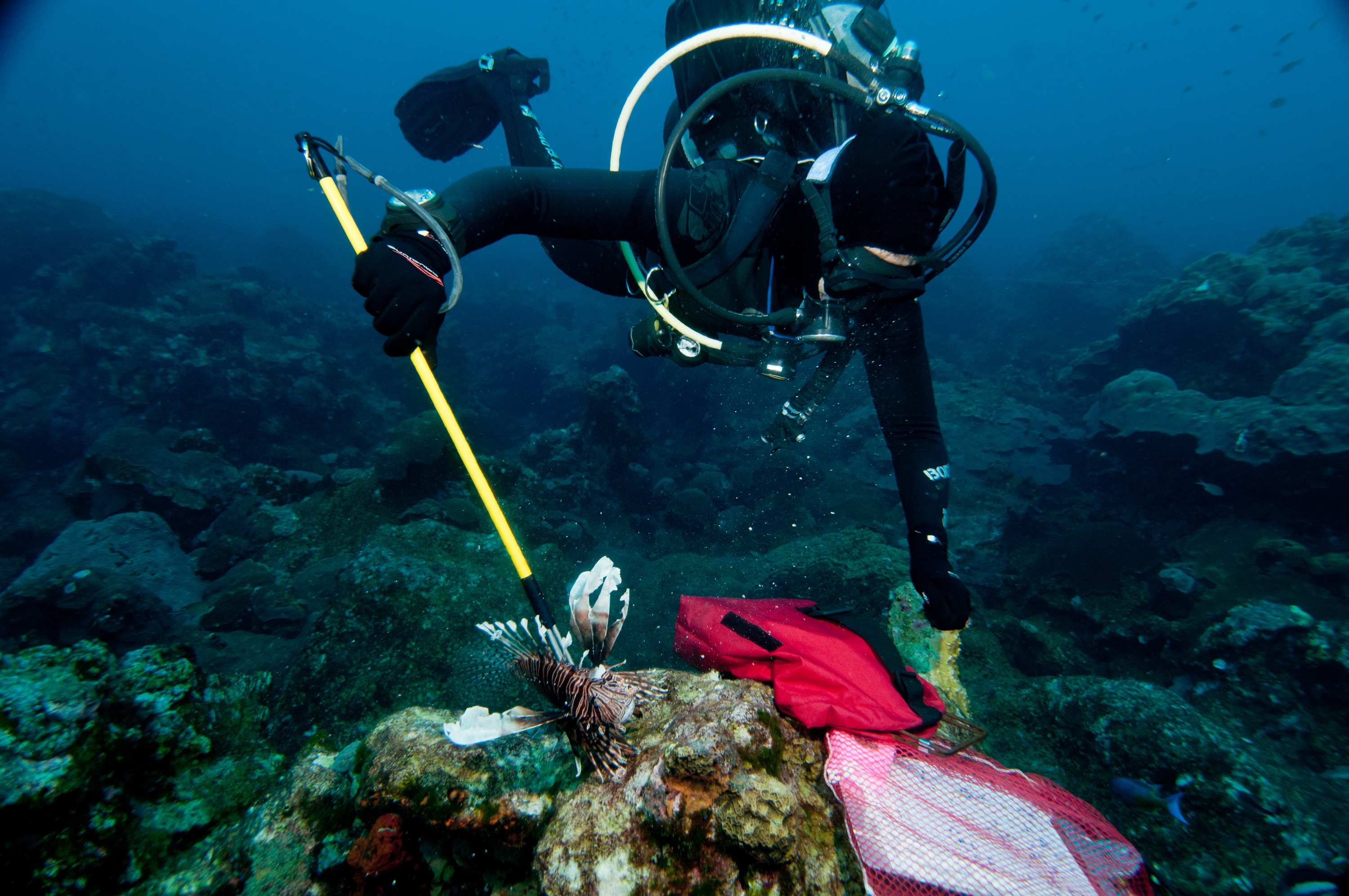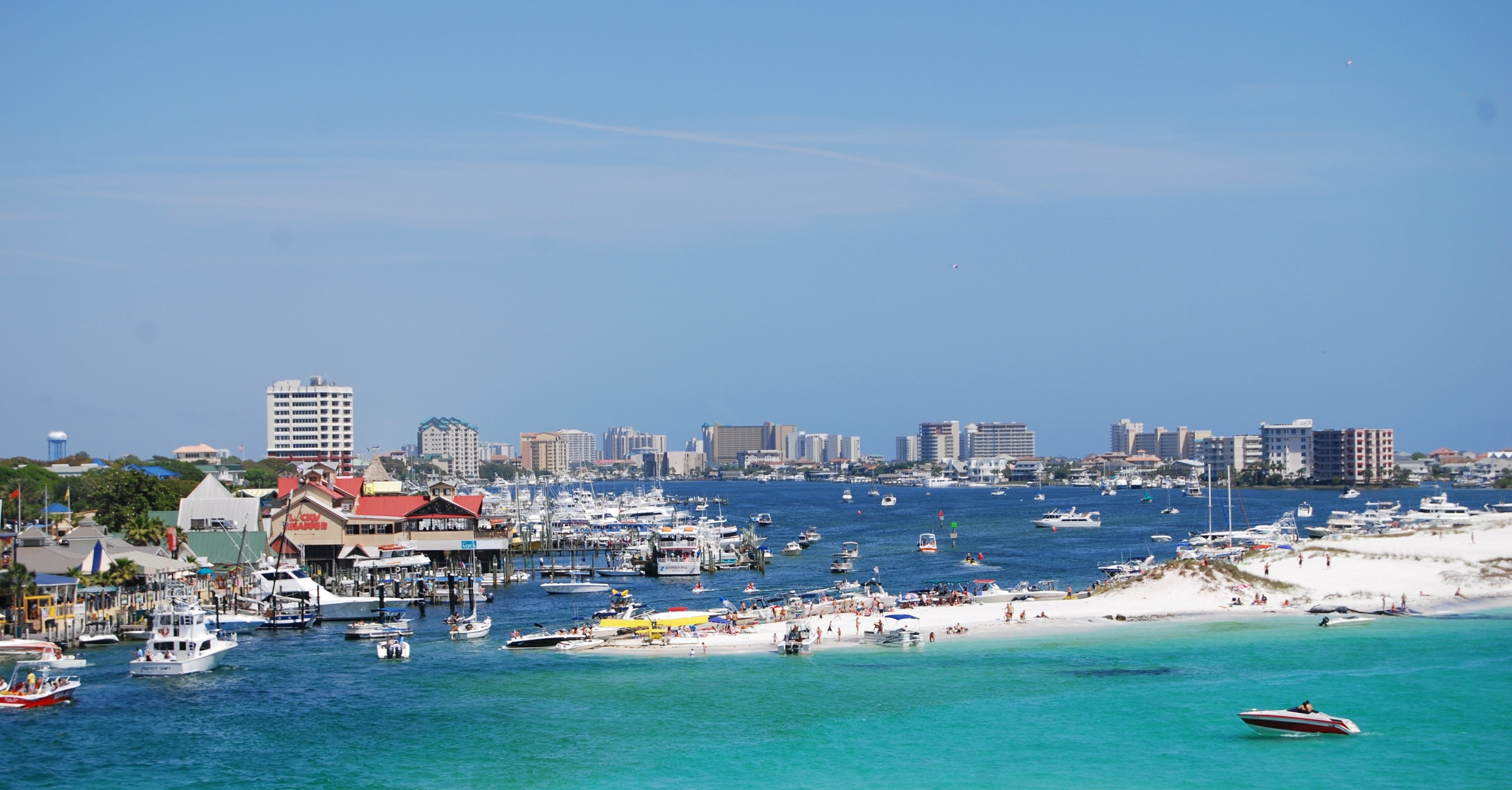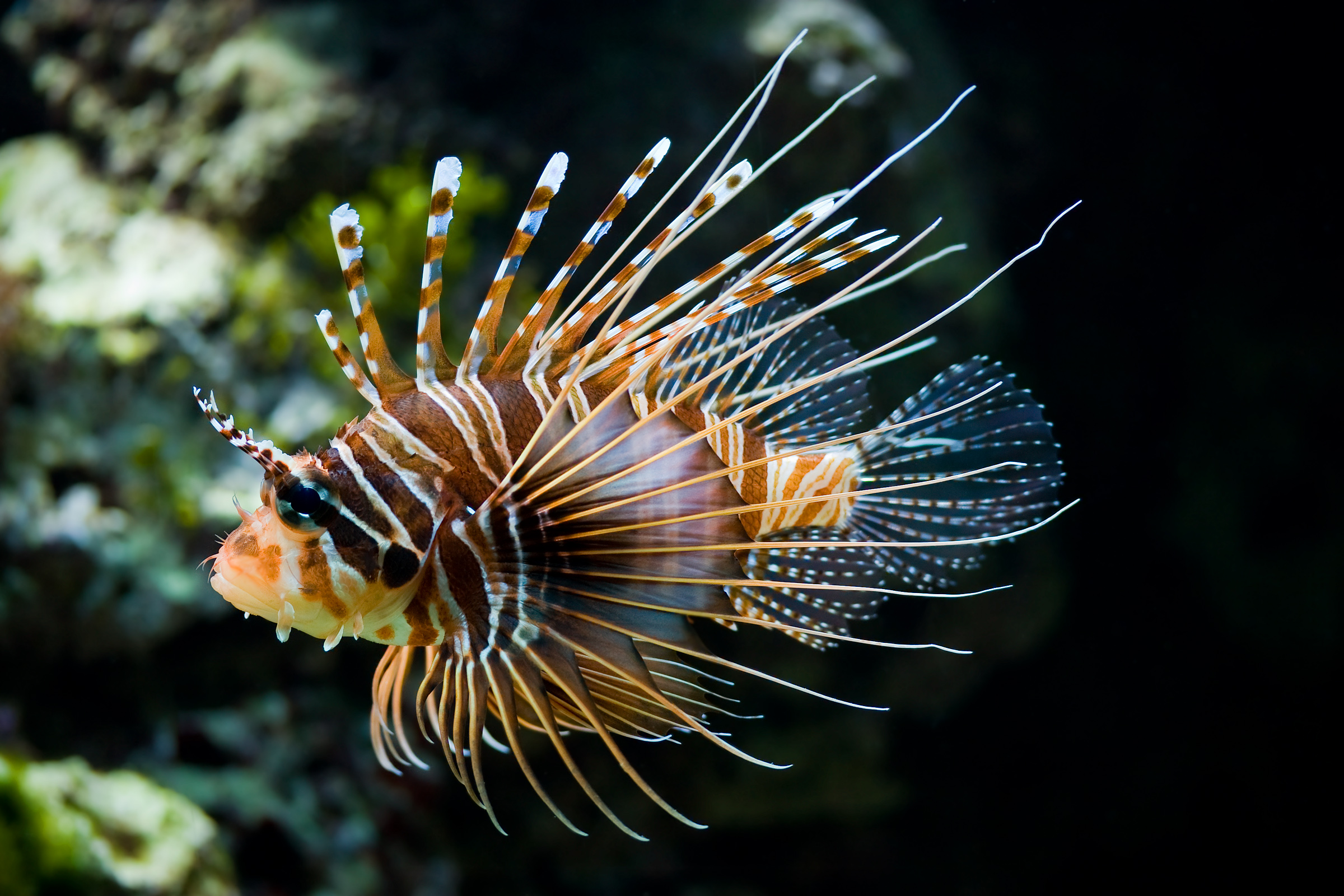Emerald Coast Open - the largest lionfish tournament in the world - encourages restaurants and their customers to discover the joy of eating lionfish
TAMPA, FLORIDA / ACCESS Newswire / May 7, 2025 / Live Wildly has joined the Emerald Coast Open Lionfish Tournament as a sponsor to help stop dangerous invasive lionfish from destroying Florida's native marine life and habitat. The tournament takes place in Destin, FL, May 16-17.

Photo Credit: G.P. Schmal NOAA
"Florida's unique marine areas are not just beautiful, they also are the backbone of our tourism, commercial fishing, and outdoor recreation economies," said Lisa Shipley, CEO of Live Wildly. "Lionfish are an invasive species that pose a real threat to Florida's natural systems, native wildlife, and nature-based economy."
The Emerald Coast Open brings together teams of fishers who compete to catch the most lionfish. Live Wildly is sponsoring a team organized by Ocean Strike Team, a group that supports ocean conservation, citizen science, and research through ecotourism experiences and actions.
Winners of the tournament receive cash prizes for the most, the biggest, and the smallest lionfish caught.
Live Wildly is also sponsoring AJ's Seafood and Oyster Bar which is participating in the Emerald Coast Open's Restaurant Week which runs May 9-17. Live Wildly is proud to be the first-ever sponsor of Restaurant Week, during which local eateries feature lionfish dishes on their menus, educating customers about the invasive species and encouraging other restaurants to serve lionfish year-round.
Lionfish - which can be fried, baked, broiled, steamed, poached, or even eaten raw in sushi - are firm, tender, and flakey with a mild taste similar to snapper, black sea bass, and hogfish.
But while lionfish may be delicious to eat, they are malicious when it comes to the threats they pose to Florida's marine systems and native fish populations.
Originally from the South Pacific and Indian Oceans, lionfish were first spotted in Florida's waters in the 1980s, believed to have been released by home aquarium owners who originally kept them as pets. Because lionfish have no natural predators in Atlantic waters, and because a single lionfish can produce up to 2 million eggs a year, lionfish have quickly spread from Florida's coasts all the way up to New York posing severe environmental threats up and down the East Coast.
Lionfish can grow to more than 18 inches long and have long venomous spines. They are voracious hunters, eating nearly any living creature that can fit into their mouths, including juveniles of many commercially important fish such as grouper, seabass, and snapper. Lionfish also threaten Florida's extensive reef habitats by preying on algae-eating species that help keep corals clean and healthy. And lionfish compete for food with native fish species, further harming their populations.
Commercial and recreational harvesting of lionfish are some of the most effective ways of controlling its spread and environmental damage. The Florida Fish and Wildlife Conservation Commission hosts seminars and workshops throughout the year to train people how to catch lionfish and to educate the public about the dangers of invasive species.
"Getting outdoors to catch lionfish is a great way to enjoy wild Florida while also keeping it healthy," Shipley said. "Restaurants that serve lionfish are not just providing great food to their customers, they're also helping keep Florida's marine systems strong and productive for residents, tourists, and local economies."
Contact Information
Press Contact
pressrelease@livewildly.com
SOURCE: Live Wildly Foundation
Related Images

Photo Credit: Destin Vacation Boat Rentals

Photo Credit: Christian Mehlfuhrer
View the original press release on ACCESS Newswire:
https://www.accessnewswire.com/newsroom/en/sports-leisure-and-entertainment/live-wildly-joins-campaign-to-turn-invasive-lionfish-from-maliciou-1024149
